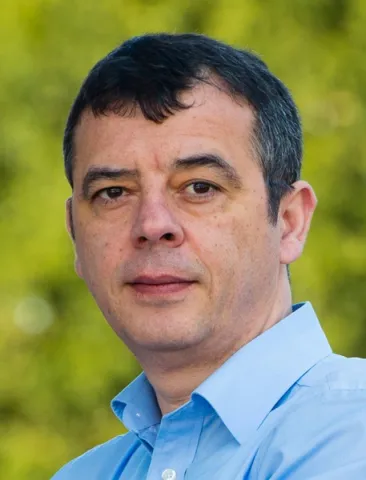About the project
Quantum physics and artificial intelligence are converging to redefine how light–matter systems are explored and engineered. This project will develop Quantum Reservoir Computing as a new theoretical and computational framework, exploiting the dynamics of quantum systems to achieve efficient learning, prediction, and inverse design of photonic and quantum materials.
The research will advance Quantum Reservoir Computing (QRC) as a powerful computational paradigm for modelling and designing complex quantum and photonic systems. Rather than relying on data-intensive or brute-force numerical methods, QRC uses the intrinsic dynamics of quantum systems, including coherence, memory, and nonlinearity, as natural resources for information processing and learning.
The project will focus on rigorous theoretical modelling and large-scale numerical simulations that reveal how quantum dynamics can perform tasks analogous to neural networks:
- the first stage will establish physically interpretable algorithms capable of capturing strongly correlated and open quantum systems
- the second stage will explore quantum neuromorphic architectures in silicon, using computational models of superconducting, photonic, and hybrid reservoirs to identify routes to energy-efficient learning
- the final stage will apply these frameworks to the inverse design of photonic and quantum structures, demonstrating how QRC can accelerate discovery and optimisation entirely within a computational setting.
You will be based at the Optoelectronics Research Centre, a world-leading photonics institute with over 90 laboratories and around 200 researchers working across all areas of optics and photonics.
Within this project you will have opportunities to develop advanced skills in:
- high-performance computing
- numerical simulation
- machine learning
- quantum theory, with access to large HPC/GPU clusters.
